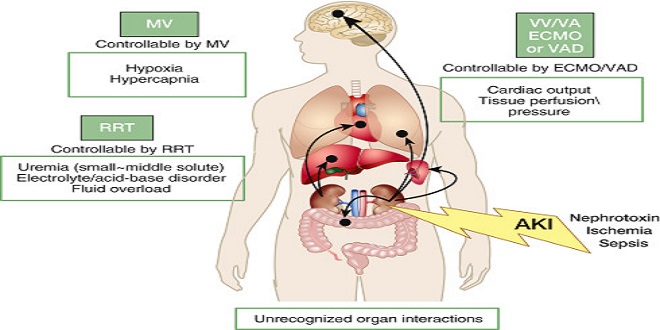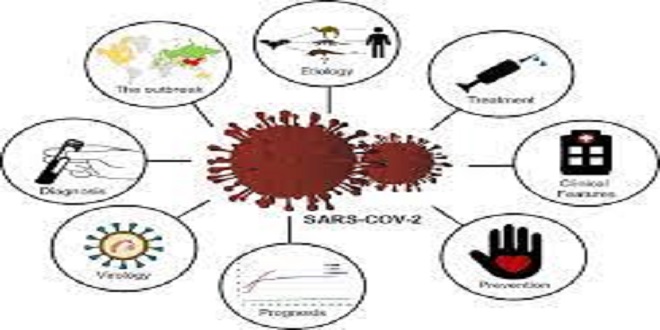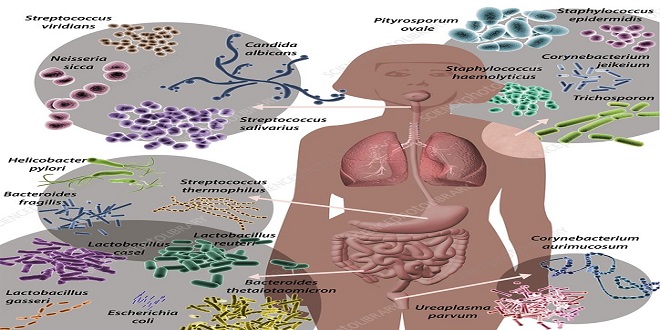Overload and Target Organs

No more hay fever!
I took this one simple technique and used it successfully over and over, in situations where it was not easy to avoid a key allergen but dietary change is always possible. Consider the annual bugaboo of hay fever. We all know this is caused by reactions to pollen, tiny plant grains floating in the air. Many patients lead miserable restricted lives throughout the best months of the year because they cannot go outdoors without suffering severely from runny nose and reddened, itchy eyes.
I used my ingenuity and knowledge of the GAS theory to engineer a solution which worked for most sufferers, which was to implement a change of diet during the peak summer months. Hay fever (from grass) is caused by allergy to grass pollen; so I had patients stop eating grass! Most people looked startled at the idea and protested they don’t eat grass. Women particularly, sometimes glared at me as if I were calling them a cow. But the truth is we all eat grasses or grains: wheat (bread, cakes, cookies, muffins, pastry, pasta etc), corn (polenta, hominy, grits, etc.), oatmeal, rice and rye are all foods from the grass family.
Any food, any symptom
I’m saying all that to make a very important point which is that any food (or indeed any stressor) can impact any part of the body or any organ. The symptoms which result have little or no relevance, contrary to the way most doctors look at this. All through med school, trainee doctors are taught to look for combinations of symptoms, called a syndrome or “disease,” which is a fixed pattern of ailments that recurs each time. This helps to identify the supposed cause. Thus a certain kind of respiratory distress in which exhalation of breath is difficult and accompanied by wheezing sounds, often provoked by dust and sometimes by emotions, is called asthma. For a doctor that fixes it and the correct drugs are prescribed.
Casebook 3
One of my early cases was Mark, a young boy of fourteen. He was what we call a “respiratory cripple”: his lungs were so bad at oxygenating the blood that he could hardly walk. Mark was just as much a cripple as if he’d had a withered leg. Just to get by he needed oxygen several times a day; that meant he could not go to school and had to study at home, with his oxygen tank on hand. Mark was also taking, as I remember, around seven or eight different medications. The fact that the meds were clearly of no value did not stop his regular physician from prescribing these toxins.
In fact when the boy relapsed and symptoms got worse, that was taken as a sign to increase the doses he was taking. People in this precarious mode of existence often die due to one final severe asthma attack. The drugs are already pushed to the limit and therefore there is nothing left with which to bring the patient out of the crisis. It is so needless: the patient is not suffering a drug deficiency, therefore drugs did not and could not solve the problem – only stall the symptoms somewhat.
Overload
Along with all living creatures we are endowed with a number of key regulatory mechanisms. One can only be amazed that they rarely seem to break down, rather than being surprised and disconcerted when they do. The skin protects us from temperature variation and dehydration, the immune system wards off micro-organisms, the kidneys eliminate poison waste, the liver detoxifies an ever-increasing amount of xenon biotic (alien) chemicals and other factors regulate the acid-base balance within the body.
Types of overload
Overloading the system is thus asking for trouble. This is true for all of us, not just allergy patients. There are many ways to overload. Table 11.1 summarizes most of these. A mere glance will tell you that this list is also a summary of clinical ecology to date.
Conditions Contributing to Overload:
Stress
Endocrine disorders
Allergies Electromagnetic fields
Chemical pollution Fatigue
Drugs Nutritional deficiencies
Empathic stress
Radioactivity
Mercury toxicity
Alcohol hidden infections
Oxidative stress
Why most people feel better on vacation
Incidental life events can play havoc with these threshold levels. Virus infections often shift the values markedly, usually to the patient’s disadvantage; so does emotional stress. If bad things are happening in a person’s life, I always counsel them to be much more careful than usual about what they eat. Of course the tendency, when under duress, is to do exactly the opposite and let standards fall. That’s one reason why people become ill when under stress.
Last word
Now that you are becoming diet wise you will understand the nature of the beast, but conventional doctors cannot comfortably think outside the box which defines illness only in terms of recognizable groups of symptoms – so-called syndromes or diseases. It is remarkably weak thinking to me to admit that symptoms A, B and C are legitimate signs of a disease when occurring together, but if they occur randomly these are not to be taken seriously!
If the pioneer group to which I belong did anything majorly constructive it was, more than anything else, to keep hammering home the point that many mysterious symptoms, unknown maladies and highly variable complaints were really one and the same disease: an allergy or intolerance to a food or some other substance. In other words the appearances varied but the underlying cause was quite constant.





